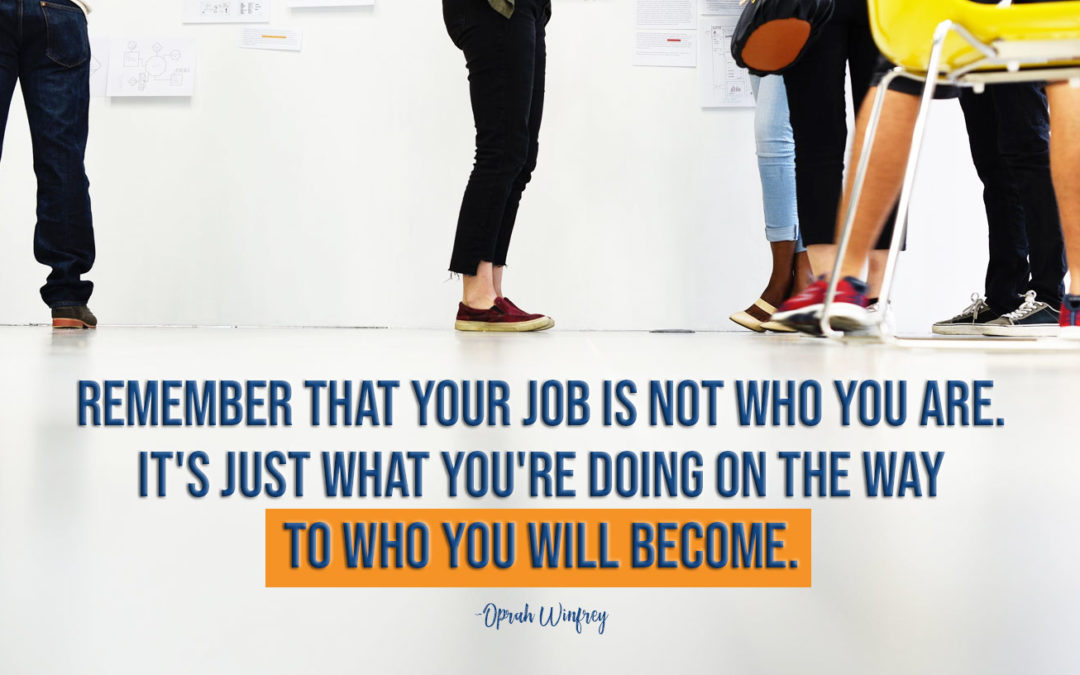Grant, a regular contributor to the New York Times opinion section and a professor of management and psychology at the University of Pennsylvania, has grown disillusioned with the age-old, small-talk question for kids
He offers three considerations that might make us think twice before the next time we ask.
1. The question forces kids to define themselves in terms of work. And when we define ourselves by our jobs, our definition of success depends on what we earn or achieve. A 2014 Harvard study found that the majority of young people report that they value aspects of personal success over caring for others. Which of those two options is more of a focus in school? At home?
2. The question implies that there is one calling out there for everyone. But searching for that one ‘right’ career may not lead to clear-cut answers. Many passions won’t pay the bills, and some may not align with personal strengths.
3. Careers rarely live up to childhood dreams. College graduates who focus on looking for the ‘best’ job feel more anxious, stressed, and overwhelmed during the process—and less satisfied with the outcome, according to research. The reality is, our entry- or mid-level jobs seldom measure up to our early aspirations. Learning to temper expectations helps us to seek out opportunities for growth.
Better Questions
So— what sorts of questions might you ask instead to get kids thinking about aspirations that might be bigger than work? Or about the type of person they want to be?
In our office, Administrative Assistant Marianne DiCugno is the first point of contact with students who arrive for tutoring sessions. She recognizes that students may be a little uneasy about getting extra help—so she focuses on engaging them on what their interests and strengths are right now.
“Students will come in with their sports gear— knee pads, wearing uniforms—so I’ll ask them about what they are playing and how the season is going,” she said. “They light up when I ask about that.”
She also asks about their current school and what some of their immediate goals are. “Students come from all over—so what is their current school like, and where are they aiming to go? If they are coming in for test prep—are they taking the SAT or the ACT?”
DiCugno finds that conversational questions like these help to set up a climate for learning at Back to Basics.
Managing Director Scott Bennett is a parent of four who has explored many different ways to guide his own kids. His first question when he’s mentoring a young person: “What jazzes you? What gets you excited?”
That question can lead to a more practical one, though: “How could you see yourself spending twelve hours a day, when you’re working hard?”
A true idealist, Bennett believes that everyone, at their core, wants to help others. “There would be a lot more people in social work if our society paid social workers what they are worth,” Bennett said. “Same with teachers.” He finds that asking students how they might want to make the world a better place steers them to channeling personal strengths towards realistic long-term goals.
It’s worthwhile to reconsider ways to reframe a timeless question away from career goals, and towards strengths and aspirations. Perhaps Oprah said it best: “Remember that your job is not who you are, it’s just what you’re doing on the way to who you will become.”
What do you think? What are some of the best questions to help guide young people?

